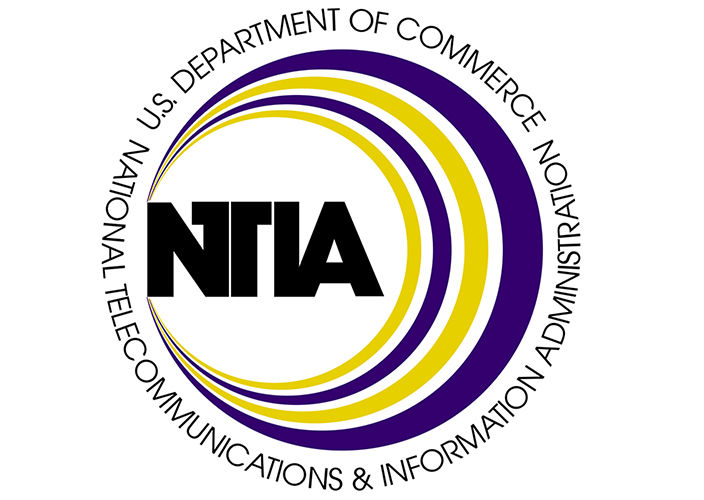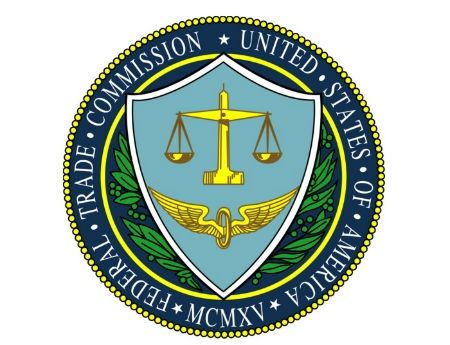Ordering Up Online Regulation
Trump EO does more than urge the FCC to act
The smarter way to stay on top of the multichannel video marketplace. Sign up below.
You are now subscribed
Your newsletter sign-up was successful
The president’s executive order includes getting the FCC to weigh in on social media content regulation, but it does more than that. Here are its prime directives.

• “Clarifies” that while Section 230 immunity from liability for third-party online content does apply to good faith efforts to remove objectionable content, it “should not … provide protection for those who purport to provide users a forum for free and open speech, but in reality use their power over a vital means of communication to engage in deceptive or pretextual actions stifling free and open debate by censoring certain viewpoints.”
Related: Cover Story: Trump Tackles the Edge
• Requires the National Telecommunications & Information Administration (NTIA) to petition the FCC to clarify when and under what circumstances a website that restricts access to content may not be able to claim immunity from third party content liability and when its content restriction is not undertaken “in good faith,” particularly whether conduct that is “deceptive, pretextual, or inconsistent with a provider’s terms of service; or taken after failing to provide adequate notice, reasoned explanation, or a meaningful opportunity to be heard” forfeits that immunity.

• Requires executive branch departments and agencies to review government funds for advertising and marketing paid to online content platforms to make sure they are not supporting platforms that restrict free speech. They will get an assist from the Justice Department, which will review a platform’s online speech restrictions “to assess whether any online platforms are problematic vehicles for government speech due to viewpoint discrimination, deception to consumers or other bad practices.”
• Urges the Federal Trade Commission to use its authority to prevent unfair and deceptive practices to take action “by entities covered by Section 230 that restrict speech in ways that do not align with those entities’ public representations about those practices.”
• [Proposes to] work with states to develop bills “that prohibit online platforms from engaging in unfair or deceptive acts or practices.”
The smarter way to stay on top of the multichannel video marketplace. Sign up below.
Contributing editor John Eggerton has been an editor and/or writer on media regulation, legislation and policy for over four decades, including covering the FCC, FTC, Congress, the major media trade associations, and the federal courts. In addition to Multichannel News and Broadcasting + Cable, his work has appeared in Radio World, TV Technology, TV Fax, This Week in Consumer Electronics, Variety and the Encyclopedia Britannica.

